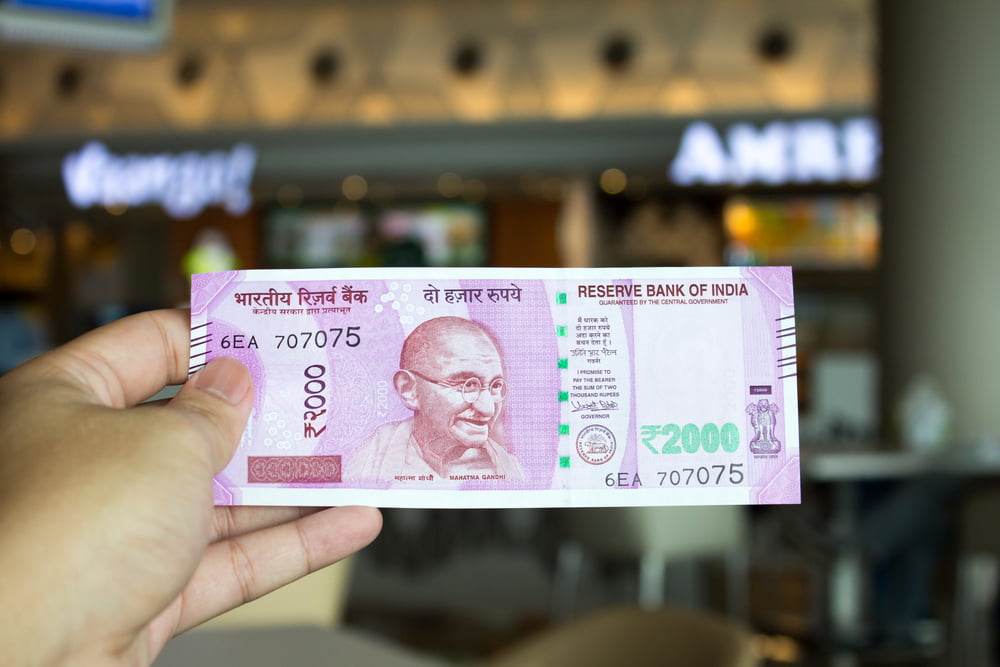India will prove to be a very interesting country when it comes to regulating cryptocurrency. Recently, there has been talk of issuing a national digital currency, but it seems that may not happen in the end. This doesn’t clarify the current regulatory outlook for Bitcoin and altcoins all that much, though. For now, it does not appear we will see the creation of Lakshmi anytime soon, although those plans have not been put on ice indefinitely either.
No Lakshmi for India
It is good to see the Indian government abandon its plan of issuing a national digital currency. That’s because these currencies serve no real purpose whatsoever and only make things more confusing than they need to be. In most cases, a national digital currency complements the existing cash supply in circulation. That means the government plans to create value out of thin air, but in digital form.
Moreover, there is the question as to how these new digital currencies should be issued and controlled. One option is letting each country’s central bank handle the matter, although that may not necessarily be the best choice. After all, central banks do not have the best of reputations when it comes to money these days, even though it should be their sole priority. That’s especially the case in India, where there have been some questionable efforts in this regard.
Not too long ago, Indian regulators hinted at the potential creation of Lakshmi, a virtual currency specifically designed for the Indian populace. However, this concept was met with a lot of criticism from day one, as not everyone saw the need for this digital currency right away. That was only to be expected, considering that there are always conflicting opinions regarding the monetary future of India. Moreover, there are active discussions taking place regarding the future of digital currency regulation globally right now.
One of the biggest proponents of this national digital currency is MasterCard CEO Ajay Banga. During an interview last month, he stated that “non-government mandated currency is junk.” That’s a rather strong sentiment, to say the very least. Then again, it is evident companies like MasterCard don’t want currencies such as Bitcoin to succeed in any major way. Whether or not a central bank digital currency will fare any better remains to be seen.
This doesn’t mean the Reserve Bank of India will halt its plans to develop Lakshmi, though. Its website still has a lot of information about this project, even though it will not come to fruition anytime soon. Then again, there have been no mentions of this venture since August of this year. It will be very interesting to see how this situation plays out in the months to come. After all, cryptocurrency regulation in India is still a hot topic.
There is a big difference between exploring opportunities and effectively hashing them out, however. It takes a lot more than just a few words to develop a currency such as Lakshmi, ensure it is secure to use, and provide a viable means of tracking its circulation. Using a blockchain would make the most sense, yet most banks prefer distributed ledgers due to the degree of centralization they provide. While a lot of countries are exploring the possibility of issuing digital currencies, it remains to be seen if any of them can actually pull it off.

